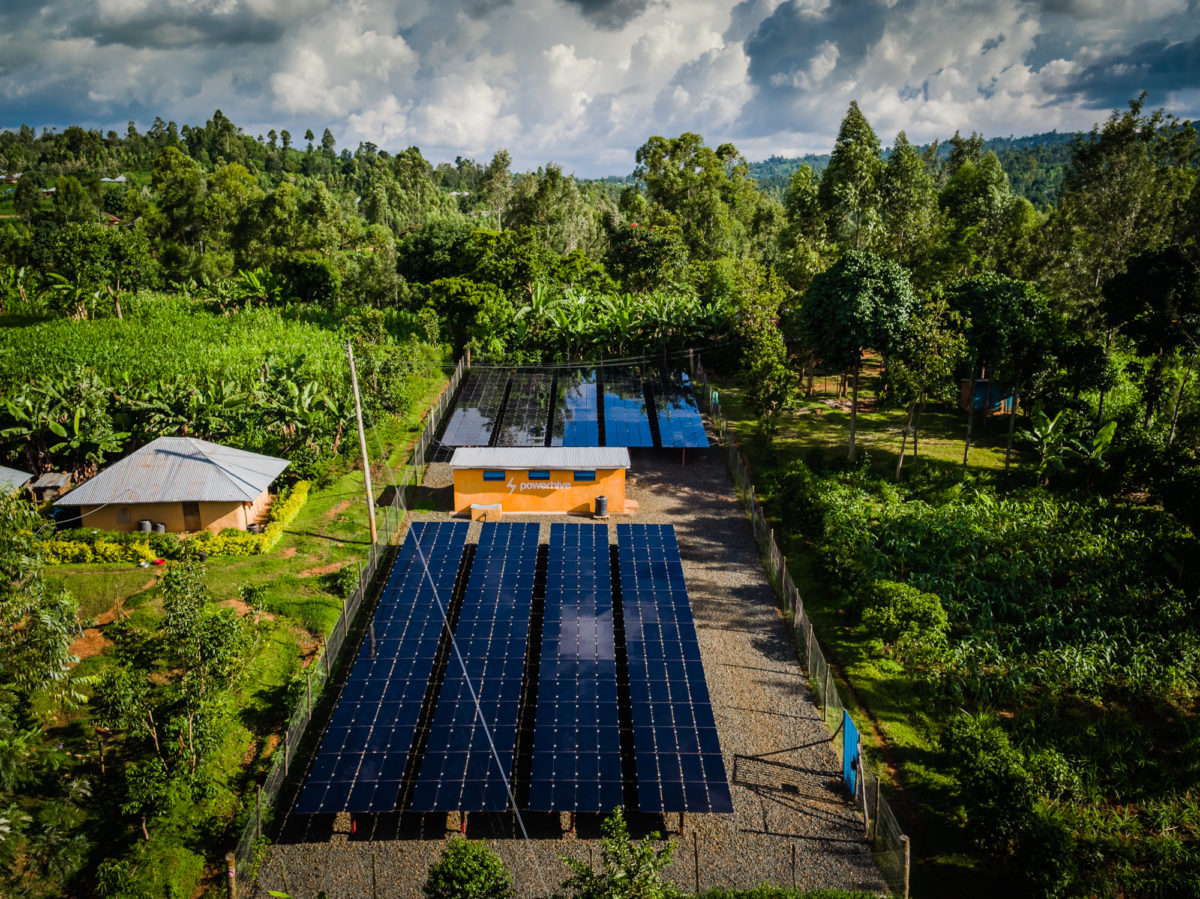The World Bank has put tremendous effort into bringing renewable energies to developing countries over the past decade. However, work is still required to provide these countries with safe and reliable access to energy, linked to the new development of renewables like solar, wind and biomass.
One of the main issues in deploying solar and wind in developing countries is the lack of reliable grid infrastructure – a factor that in recent times has led to the establishment of energy systems based on micro- or mini-grids, rather than the investment of huge sums of money in improving existing power networks or creating new ones.
That this may be the trend for this decade was confirmed by the World Bank, which announced today it will earmark $1 billion of its own funds to promote the Accelerating Battery Storage for Development program, an initiative aimed at supporting storage projects linked to renewables in developing and middle-income countries.
The international entity said the program is expected to leverage $4 billion in new investments, and that it will finance and de-risk investments primarily in utility-scale solar parks with battery storage, off-grid systems, including mini-grids, and stand-alone batteries that can help stabilize and strengthen grids.
“Battery storage can help countries leapfrog to the next generation of power generation technology, expand energy access, and set the stage for much cleaner, more stable, energy systems,” said World Bank president, Jim Yong Kim in a statement released.
In addition to the $1 billion of its own funds, the bank said it will fundraise a further $1 billion in concessional climate funds through channels, such as the Climate Investment Funds’ Clean Technology Fund (CTF), while another $3 billion is expected to come from private and public funds, and investors.
The World Bank has not specified which countries will be included in the program. It said, however, to date, it has supported storage projects linked to solar and wind in Africa, South Asia, and the Pacific.
“The Bank Group has financed roughly 15 percent of the stationary battery storage capacity already deployed or currently under development in developing countries, mostly through mini-grid projects and in island states to improve resilience,” the international financial lender concluded in its statement.
This content is protected by copyright and may not be reused. If you want to cooperate with us and would like to reuse some of our content, please contact: editors@pv-magazine.com.




1 comment
By submitting this form you agree to pv magazine using your data for the purposes of publishing your comment.
Your personal data will only be disclosed or otherwise transmitted to third parties for the purposes of spam filtering or if this is necessary for technical maintenance of the website. Any other transfer to third parties will not take place unless this is justified on the basis of applicable data protection regulations or if pv magazine is legally obliged to do so.
You may revoke this consent at any time with effect for the future, in which case your personal data will be deleted immediately. Otherwise, your data will be deleted if pv magazine has processed your request or the purpose of data storage is fulfilled.
Further information on data privacy can be found in our Data Protection Policy.